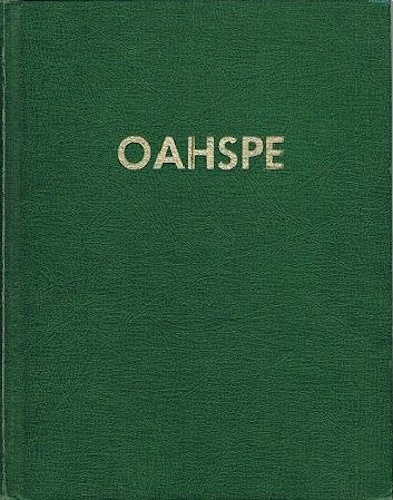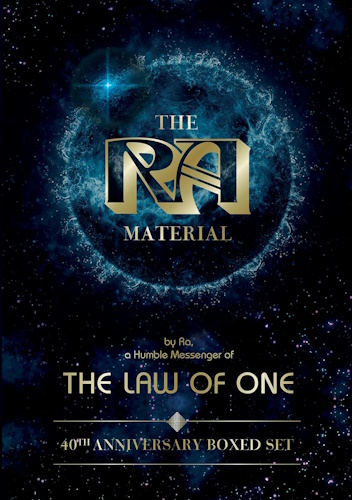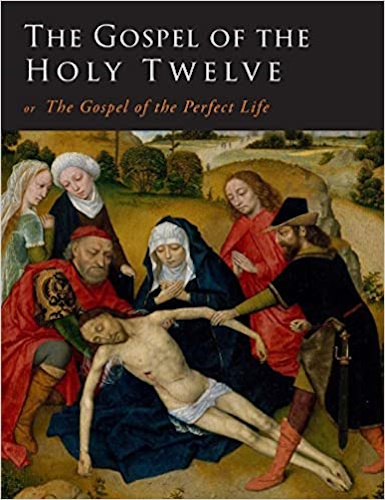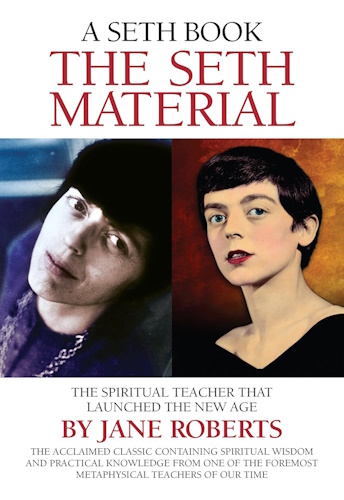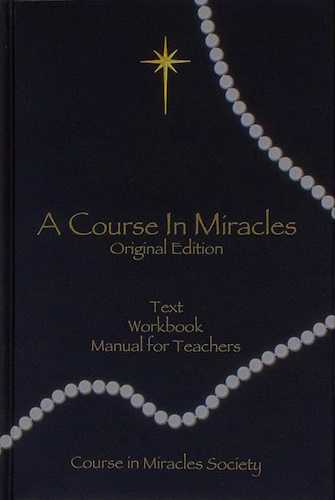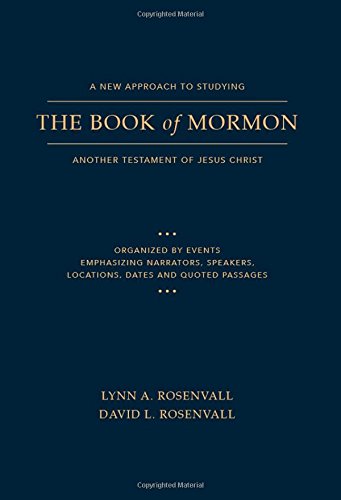
![]()
![]()
Book of the Arc of Bon
Chapter III
p. 462b
1. WHEN Yokovrana went to the temple to do sacrifice, the high priest besought him to consult the oracle in reference to the child, and for his kingdom's sake. And he so consulted the oracle, and the angels of Ormazd said unto him: O king, thou, before whom all people fear, hear thou the angels of heaven and be wise, for thy kingdom's sake, and for Capilya. Behold, thou hast maintained the custom of thy forefathers, and caused to be slain on the altar of thy God, Dyaus, twelve young men and twelve virgins for every day of the twelfth new moon, that by blood thy God might triumph on the earth, and that thou mightst be the most feared of kings. And thou hast subdued all the regions of the rich earth to honor thee and thy laws.
2. Therefore, the God of heaven saith thou shalt no longer pursue the sacrifice of human blood, but instead thereof make sacred the blood of the lamb, which shall be called the Lamb of thy God. And in the day of thy first sacrifice, thou shalt bring Capilya to the altar, and sprinkle the blood of the lamb thou hast slain upon his head, as a blood offering to thy God. And he shall be called CAPILYA, THE LAMB OF HEAVEN.
3. To this the king assented, and Capilya was accordingly sprinkled with the blood of a lamb, which was sacrificed in the altar of the king. Thus ended the first of the evil edicts of the evil Gods of Vind'yu; and from that time after mortals were no longer sacrificed to the Gods, by consent of the kings.
4. Capilya was called Yokovrana's son; and he was taught all things which it was lawful in those days to teach a prince; and because he was prepared for the throne, he was made acquainted with the kings and governors of all the tributary cities and countries in the land of Vind'yu.
5. Of the matters of Capilya, hereinafter revealed, know ye that in all things he was directed by the angels of Jehovih (Ormazd).
6. When Capilya had attained maturity, he besought the king for leave to travel, saying to the king: Is not the greatest wisdom that which cometh by
p. 463b
the eye and the ear? And is it not wise that he who may some day become king should acquaint himself with his kingdom whilst he is yet young? For then, he will not only see and hear better than if he were old, but he will have time to weigh the nature of the government, as to its best adaptation to the people.
7. To this the king replied: Thou art already wise, my son; thou knowest sufficient of the earth and her people according to the laws of the ancients. Therefore to travel for wisdom's sake would be great folly. Thine eyes and ears are too sharp already; better is it for thee that thou seest not the people of thy kingdom. For the time may come when thou shalt need to use great severity upon them; therefore, to be strange with them, thy sympathy will not lead thee away from justice.
8. Capilya said: Thou reasonest will, O king; and because thou art wise, have I no credit in being wise also. For it must be true that a son hath his wisdom from his father. And since thou hast so wisely put me off with thy arguments, answer me this: Is it not profitable to a young prince, before he hath the cares of a mighty kingdom, to go abroad and enjoy the pleasure of the world?
9. The king said: There are but three pleasures in all the world: eating and drinking is one; sleeping is another; the presence of women is the third. Why, then, shall a man go abroad?
10. Capilya said: And yet thou hidest the true reason as to why thou desirest thy son not to travel.
11. The king said: If thou tell me the true cause, then shalt thou go whithersoever thou desirest.
12. Capilya said: First, then, I will say to thee that I rejoiced because thou didst deny me; for I so loved thee, O king, that I knew no joy but to remain with thee. And, moreover, thou so lovest thy son, thou wouldst not have him go far from thee?
13. The king was so delighted with this answer, he said: Of a truth, O prince, thou hast guessed aright. And if thou find it in thy heart to leave me for a season of travel, then will I indeed bear with thy loss until thou returnest.
p. 464b
14. Capilya traveled for nine years, and he went to the uttermost extent of the land of Vind'yu, east and west, and north and south. And because his nurse, who was, in fact, his real mother, had told him thousands of tales about the persecution of the Faithists, and their sufferings, he sought to obtain information of these scattered people, but as yet he knew not he was of that race.
15. At the end of nine years Capilya returned to Yatinghadatta, rich in knowledge as to the inhabitants of Vind'yu. And when he came before the king, Yokovrana, where he was received in great honor, he related the knowledge he had obtained of the country, its extent and grandeur, and its hundreds of great cities and innumerable people. To all of which wisdom the king lent a willing ear; and he declared Capilya was the wisest and most learned man in all the world.
16. And now was come the time when God, Son of Jehovih, came to establish Jehovih, and begin the deliverance of the Faithists, and to collect them together in the places designed for them.
-
Urantia Book, 44:0.11 - The Celestial Artisans
Never in your long ascendancy will you lose the power to recognize your associates of former existences. Always, as you ascend inward in the scale of life, will you retain the ability to recognize and fraternize with the fellow beings of your previous and lower levels of experience. Each new translation or resurrection will add one more group of spirit beings to your vision range without in the least depriving you of the ability to recognize your friends and fellows of former estates.
-
Princess Bride 1987 Wallace Shawn (Vizzini) and Mandy Patinkin (Inigo Montoya)
Vizzini: HE DIDN'T FALL? INCONCEIVABLE.
Inigo Montoya: You keep using that word. I do not think it means what you think it means. -
Urantia Book, 117:4.14 - The Finite God
And here is mystery: The more closely man approaches God through love, the greater the reality -- actuality -- of that man. The more man withdraws from God, the more nearly he approaches nonreality -- cessation of existence. When man consecrates his will to the doing of the Father's will, when man gives God all that he has, then does God make that man more than he is.
-
Urantia Book, 167:7.4 - The Talk About Angels
"And do you not remember that I said to you once before that, if you had your spiritual eyes anointed, you would then see the heavens opened and behold the angels of God ascending and descending? It is by the ministry of the angels that one world may be kept in touch with other worlds, for have I not repeatedly told you that I have other sheep not of this fold?"
-
Urantia Book, Foreword - 0:12.12 - The Trinities
But we know that there dwells within the human mind a fragment of God, and that there sojourns with the human soul the Spirit of Truth; and we further know that these spirit forces conspire to enable material man to grasp the reality of spiritual values and to comprehend the philosophy of universe meanings. But even more certainly we know that these spirits of the Divine Presence are able to assist man in the spiritual appropriation of all truth contributory to the enhancement of the ever-progressing reality of personal religious experience—God-consciousness.
-
Urantia Book, 1:4.3 - The Mystery Of God
When you are through down here, when your course has been run in temporary form on earth, when your trial trip in the flesh is finished, when the dust that composes the mortal tabernacle "returns to the earth whence it came"; then, it is revealed, the indwelling "Spirit shall return to God who gave it." There sojourns within each moral being of this planet a fragment of God, a part and parcel of divinity. It is not yet yours by right of possession, but it is designedly intended to be one with you if you survive the mortal existence.
-
Urantia Book, 1:4.1 - The Mystery Of God
And the greatest of all the unfathomable mysteries of God is the phenomenon of the divine indwelling of mortal minds. The manner in which the Universal Father sojourns with the creatures of time is the most profound of all universe mysteries; the divine presence in the mind of man is the mystery of mysteries.
-
Urantia Book, 1:4.6 - The Mystery Of God
To every spirit being and to every mortal creature in every sphere and on every world of the universe of universes, the Universal Father reveals all of his gracious and divine self that can be discerned or comprehended by such spirit beings and by such mortal creatures. God is no respecter of persons, either spiritual or material. The divine presence which any child of the universe enjoys at any given moment is limited only by the capacity of such a creature to receive and to discern the spirit actualities of the supermaterial world.
-
Urantia Book, 11:0.1 - The Eternal Isle Of Paradise
Paradise is the eternal center of the universe of universes and the abiding place of the Universal Father, the Eternal Son, the Infinite Spirit, and their divine co-ordinates and associates. This central Isle is the most gigantic organized body of cosmic reality in all the master universe. Paradise is a material sphere as well as a spiritual abode. All of the intelligent creation of the Universal Father is domiciled on material abodes; hence must the absolute controlling center also be material, literal. And again it should be reiterated that spirit things and spiritual beings are real.
-
Urantia Book, 50:6.4 - Planetary Culture
Culture presupposes quality of mind; culture cannot be enhanced unless mind is elevated. Superior intellect will seek a noble culture and find some way to attain such a goal. Inferior minds will spurn the highest culture even when presented to them ready-made.
-
Urantia Book, 54:1.6 - True And False Liberty
True liberty is the associate of genuine self-respect; false liberty is the consort of self-admiration. True liberty is the fruit of self-control; false liberty, the assumption of self-assertion. Self-control leads to altruistic service; self-admiration tends towards the exploitation of others for the selfish aggrandizement of such a mistaken individual as is willing to sacrifice righteous attainment for the sake of possessing unjust power over his fellow beings.
-
Urantia Book, 54:1.9 - True And False Liberty
How dare the self-willed creature encroach upon the rights of his fellows in the name of personal liberty when the Supreme Rulers of the universe stand back in merciful respect for these prerogatives of will and potentials of personality! No being, in the exercise of his supposed personal liberty, has a right to deprive any other being of those privileges of existence conferred by the Creators and duly respected by all their loyal associates, subordinates, and subjects.
-
Urantia Book, 54:1.8 - True And False Liberty
There is no error greater than that species of self-deception which leads intelligent beings to crave the exercise of power over other beings for the purpose of depriving these persons of their natural liberties. The golden rule of human fairness cries out against all such fraud, unfairness, selfishness, and unrighteousness.
